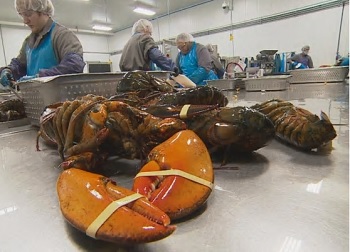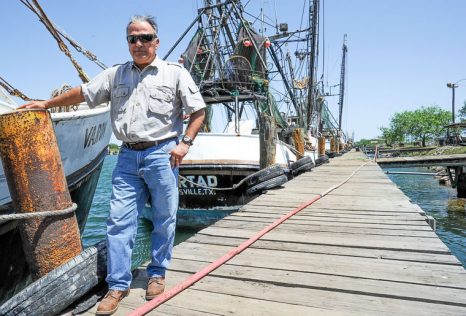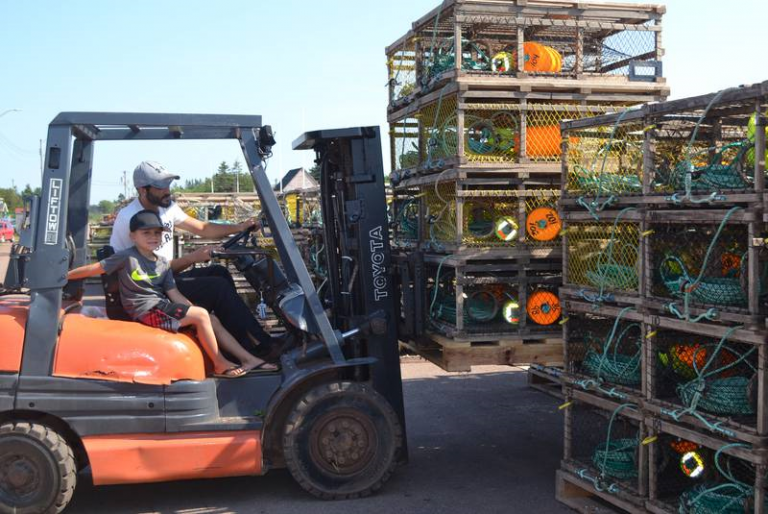Tag Archives: temporary foreign workers

“If lobster people fish, then processors are going to process,” – Processors working on assumed May 1 season start
It is unlikely P.E.I.’s seafood processors will have all the temporary foreign workers they normally have to operate in time for a regular start to the lobster season.,, Jerry Gavin, executive director of the processors’ association, said there will be challenges for his members but they will get the job done if called upon., Gavin recognizes there will be some significant hurdles.”,, Probably one-third of the workforce is temporary foreign workers. Those workers are probably not going to come in here on time. So processors are looking at trying to expand the local labour.” To be ready to start May 1, temporary foreign workers would have to arrive on P.E.I. next week — because they will need to quarantine for 14 days before they can go to the plants. >click to read< 15:51

Shrimper shortage: Lack of foreign workers puts Texas shrimp industry in bind
The Texas shrimp industry, struggling for years against high fuel prices and cheap foreign imports, faces a new crisis: a major shortage of the temporary foreign workers that boat owners and processing plants depend on to operate. The shortage is the result of Congress not renewing the H-2B Returning Worker Program when it expired at the end of September. Congress created the exemption in 2015 to help industries like seafood, landscaping and hospitality fill essential jobs.The exemption was established after the government in 2005 instituted an annual cap of 66,000 H-2B foreign worker visas, in response to a surge in H-2B applications from employers since the program started during the late 1980s. The cap is divided equally among the two halves of the fiscal year — 33,000 the first half and 33,000 the last. As part of the H-2B application process, the government requires employers first to advertise the jobs to U.S. workers. In the case of the shrimp industry, however, it’s very difficult to find U.S. workers willing to do the work. The Rio Grande Valley’s shrimp industry increasingly has had to rely on shrimp boat workers from Mexico, who tend to have experience and in some cases have worked on the same U.S. boats for two decades or more. continue reading the story here 15:12

















































